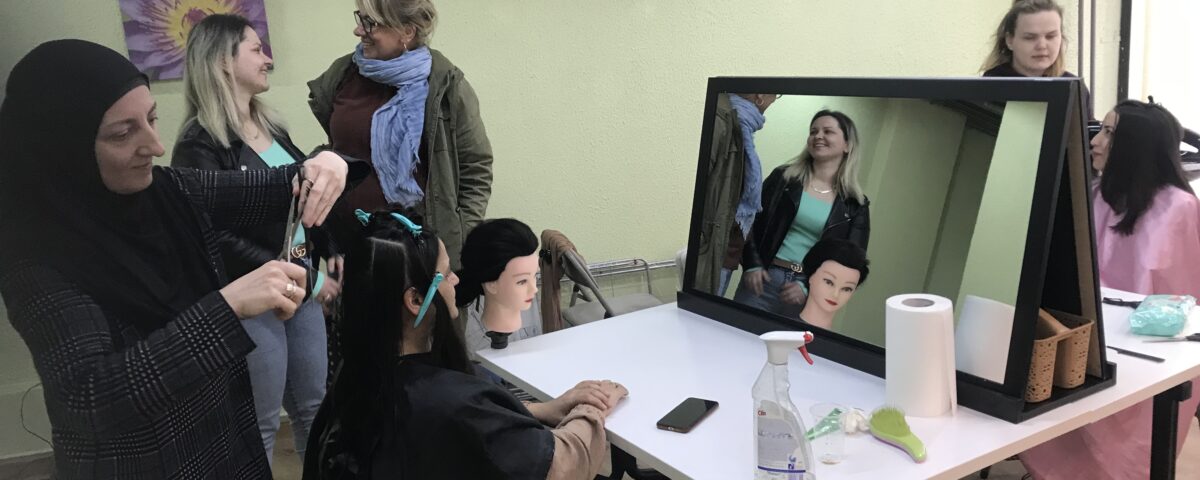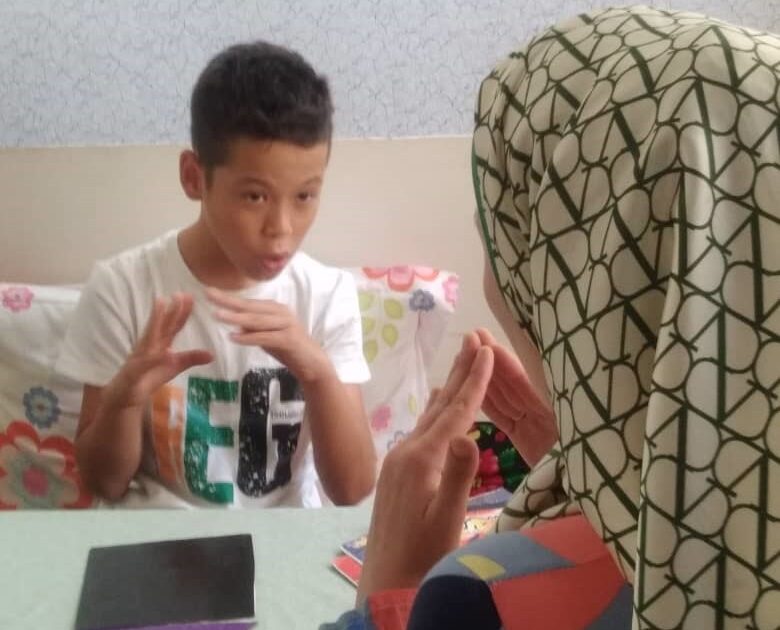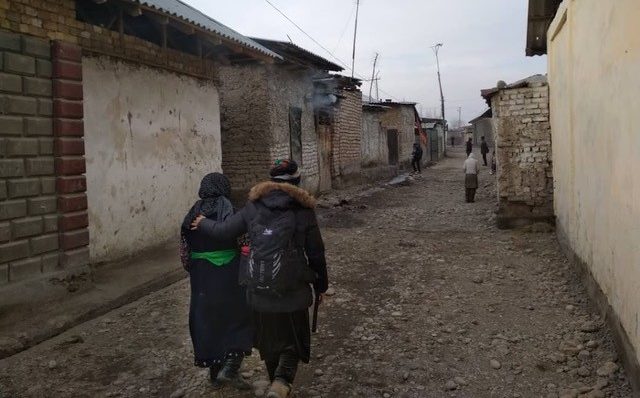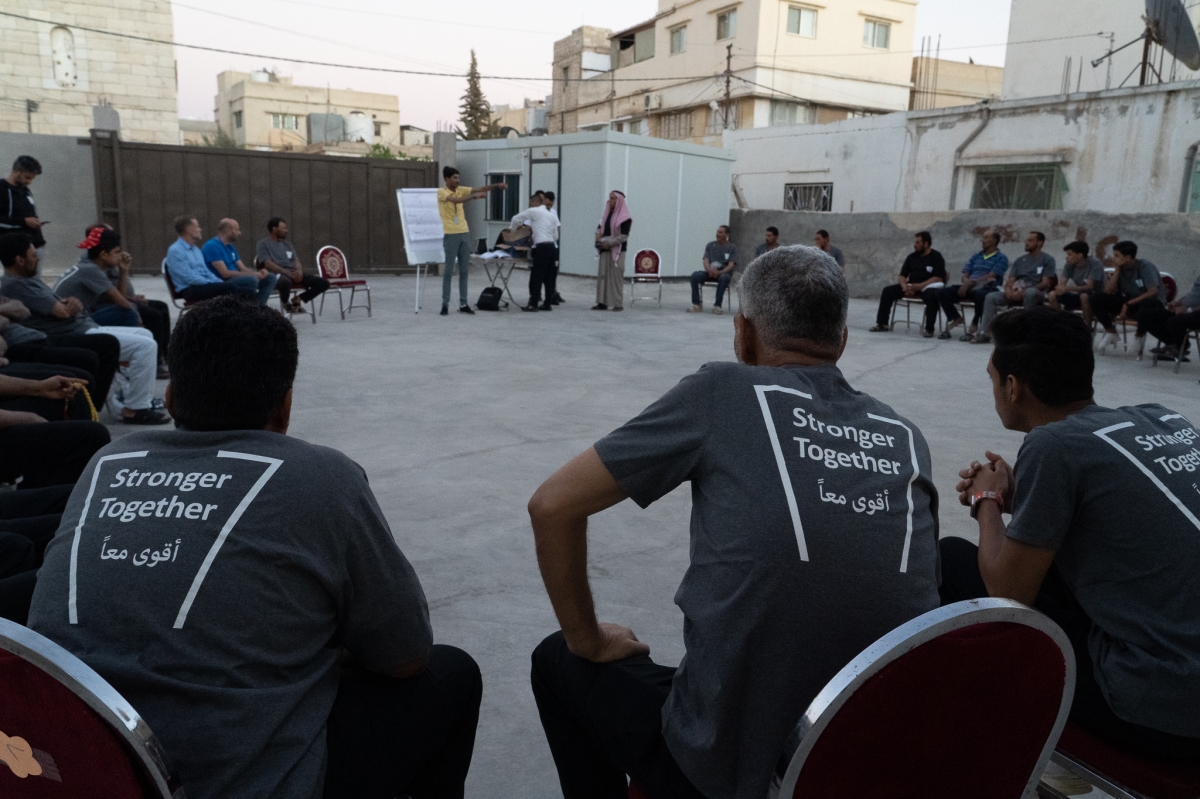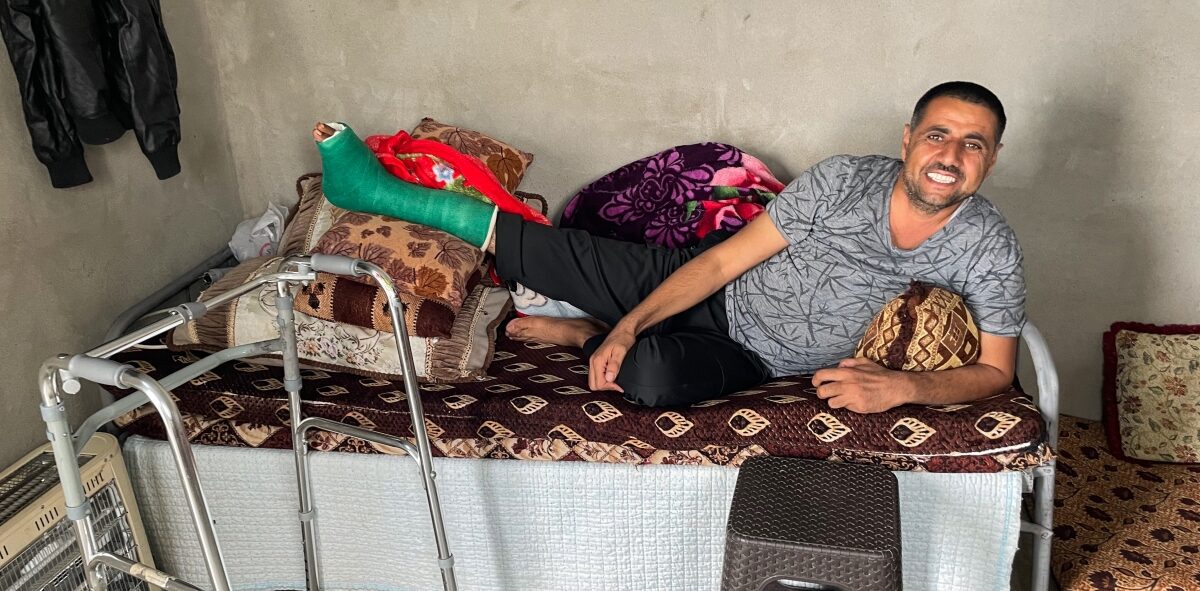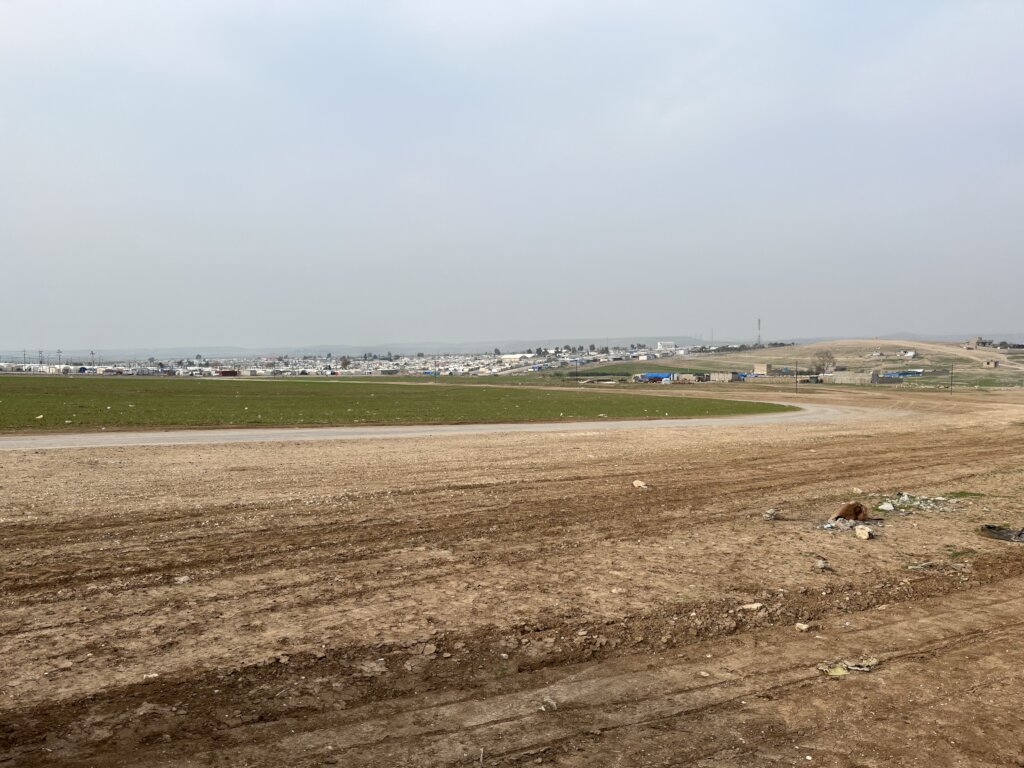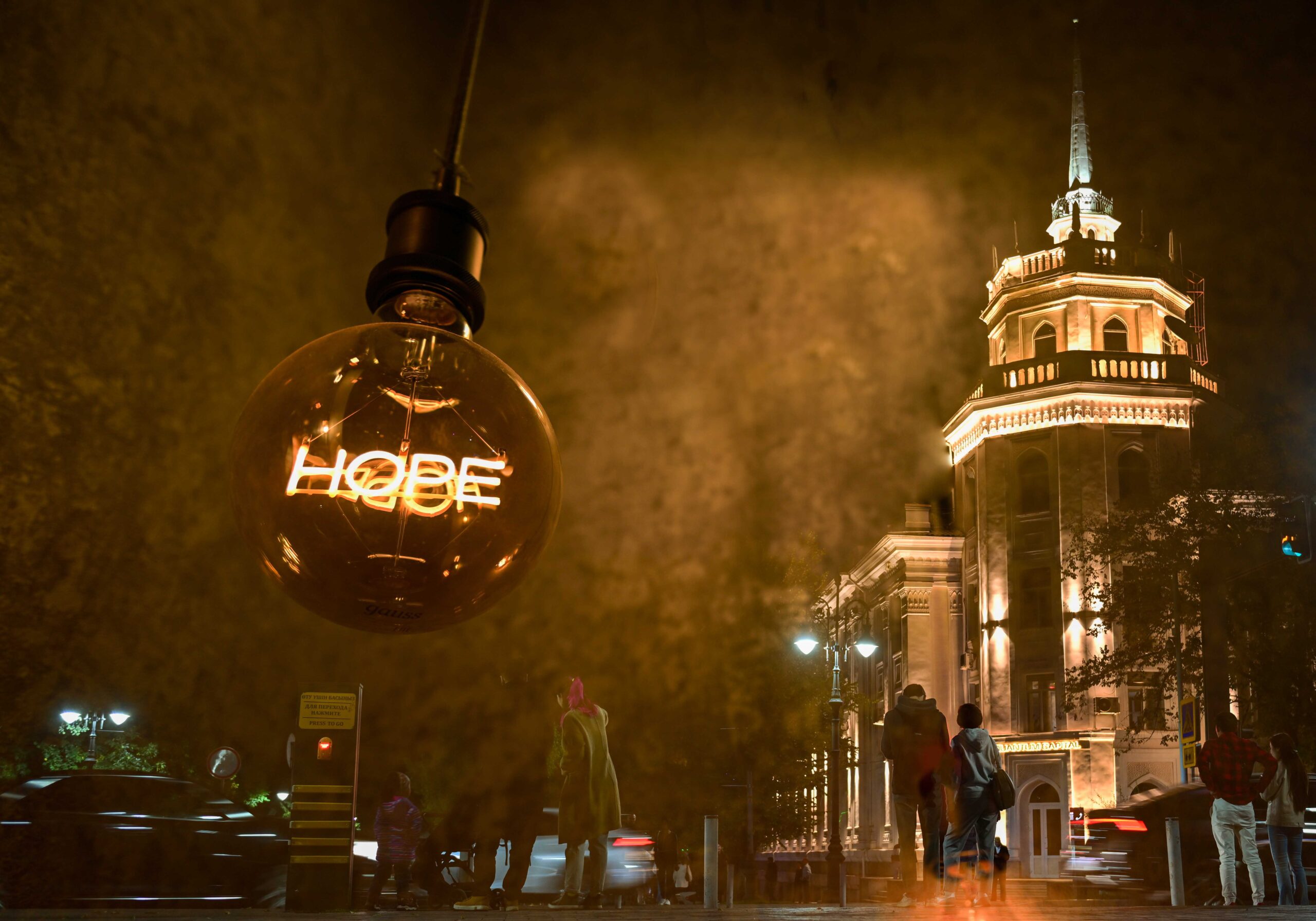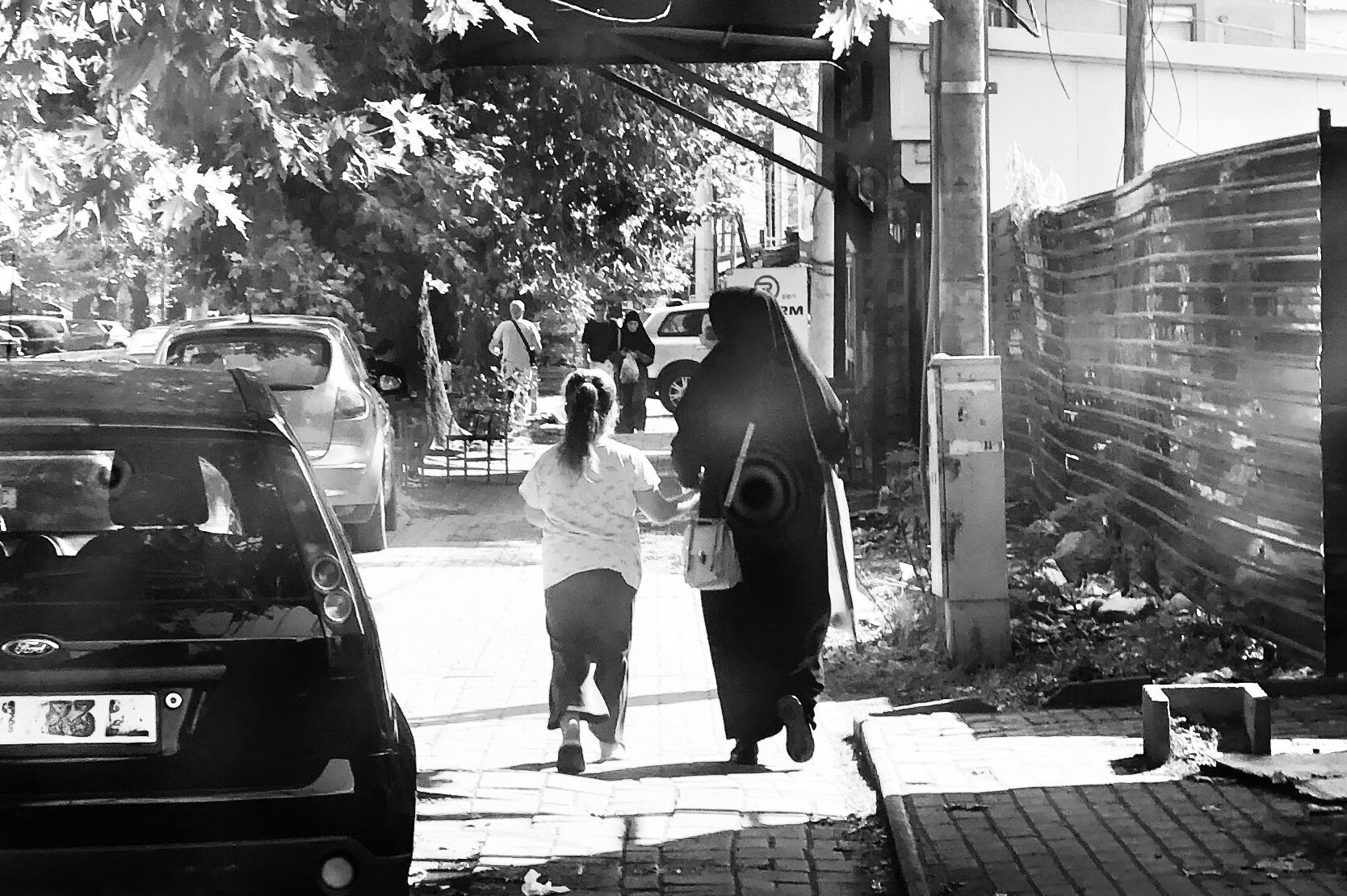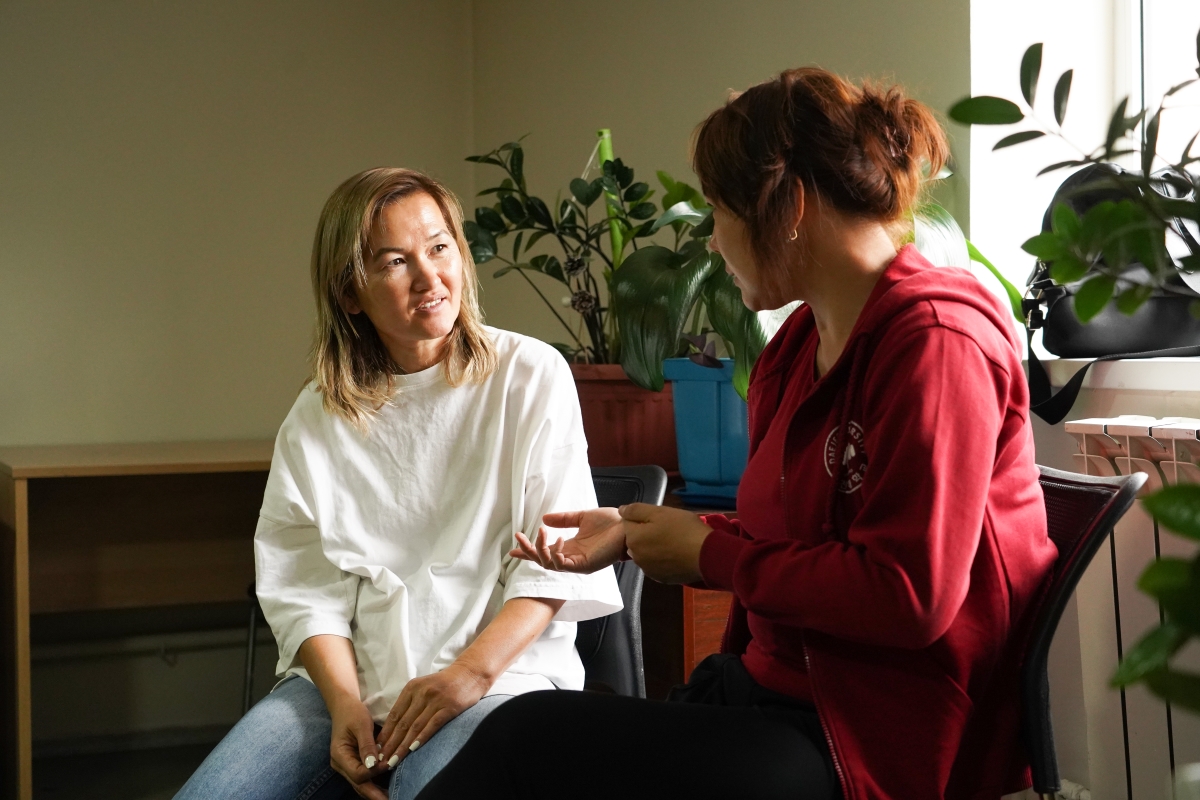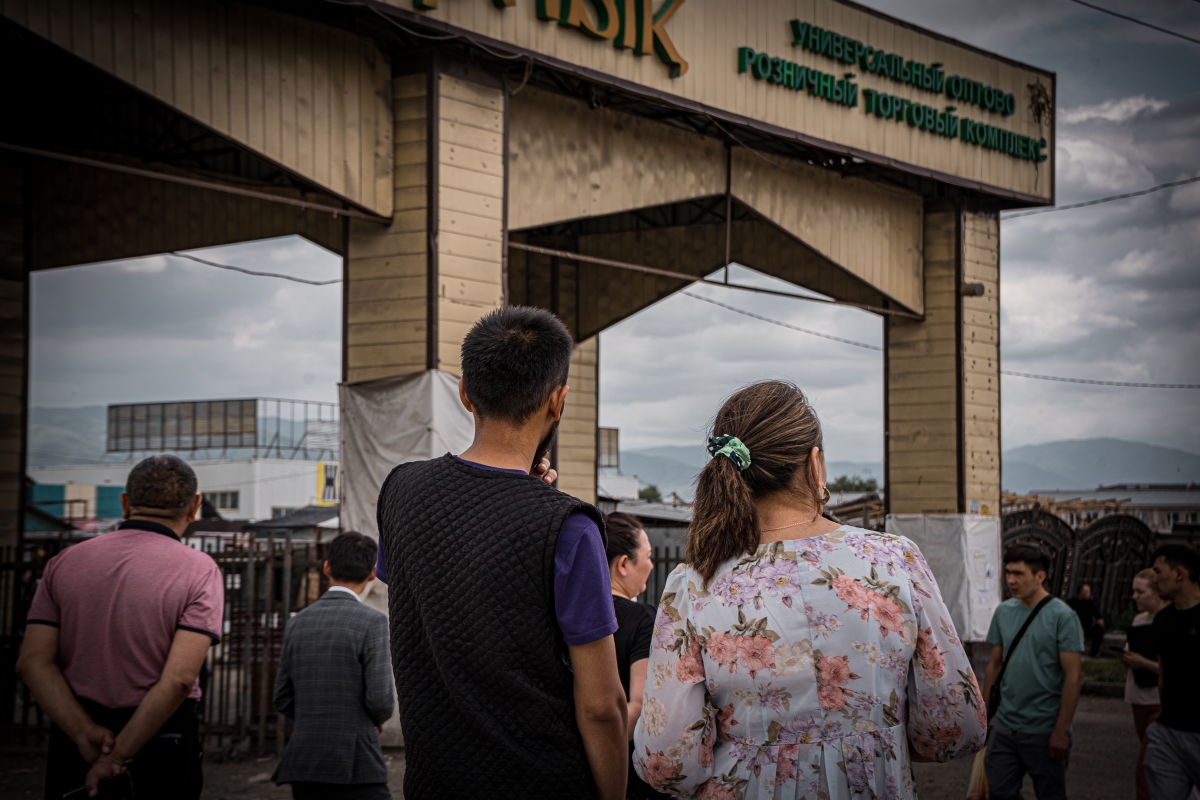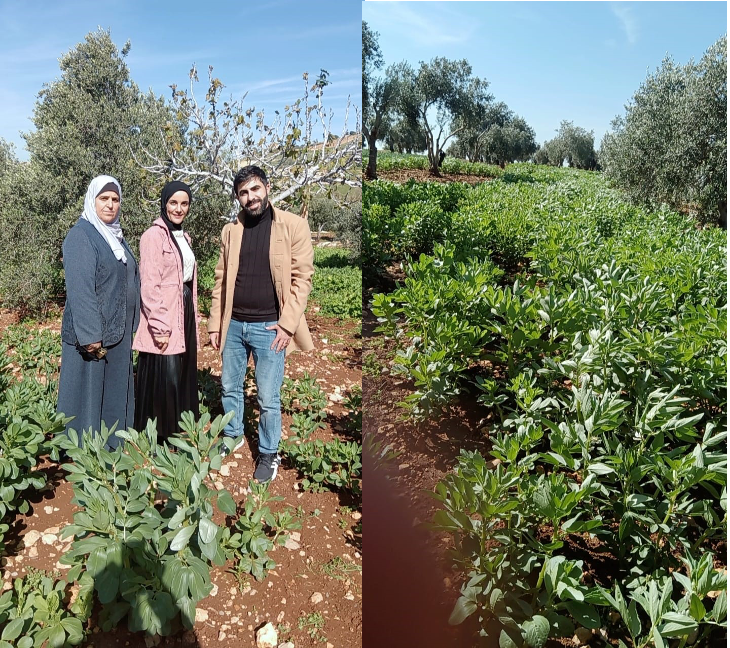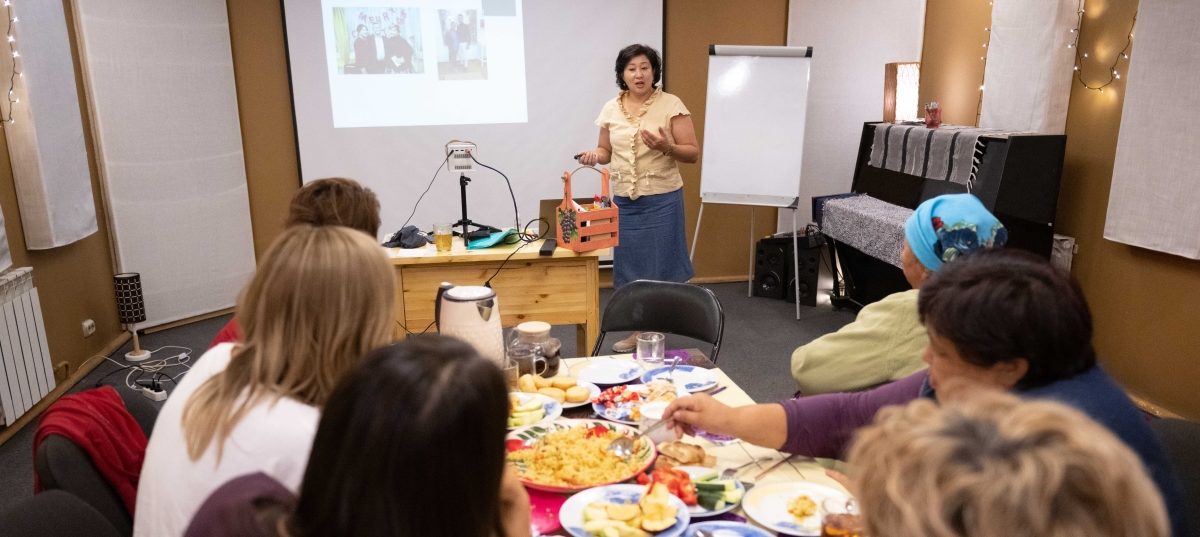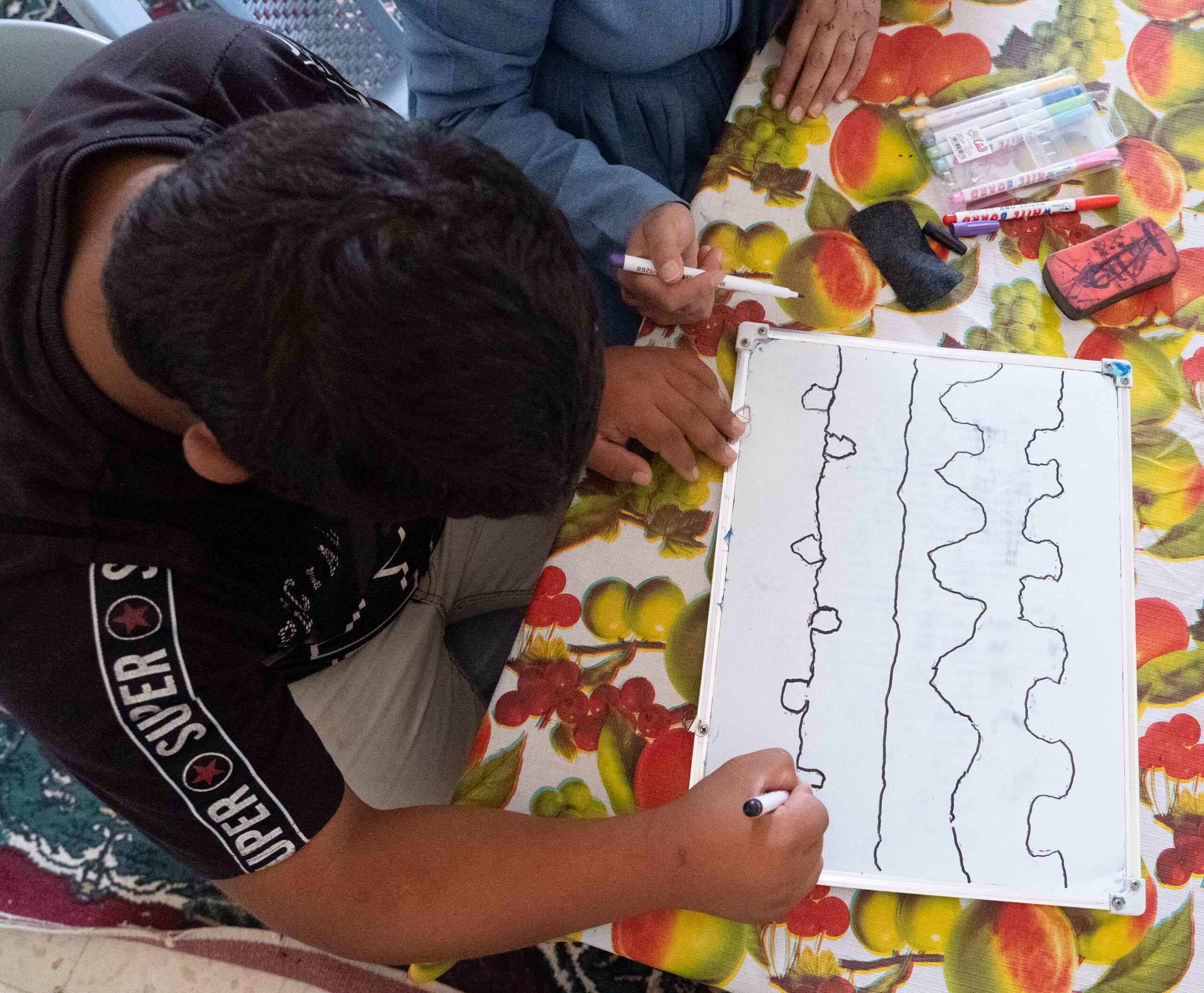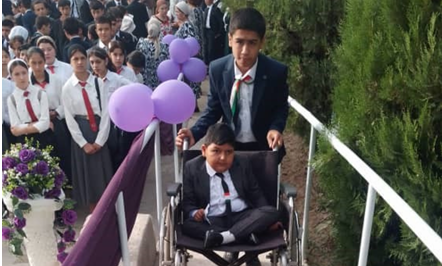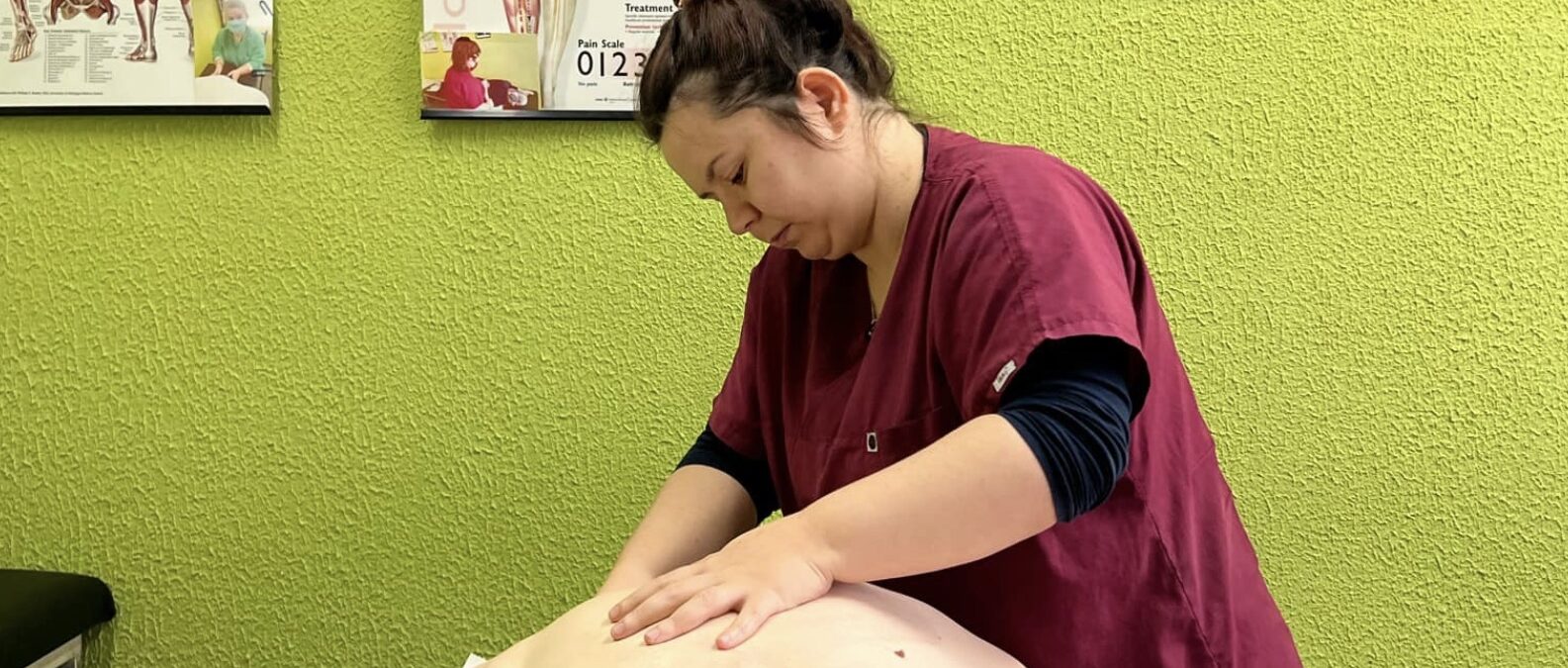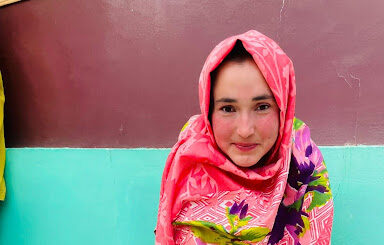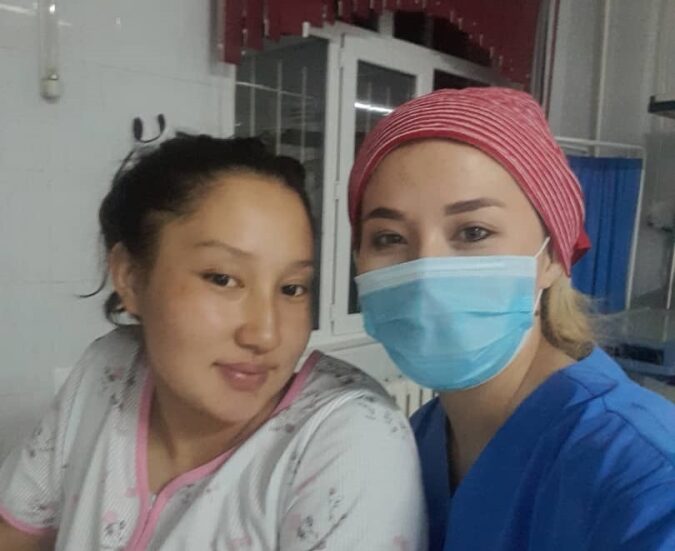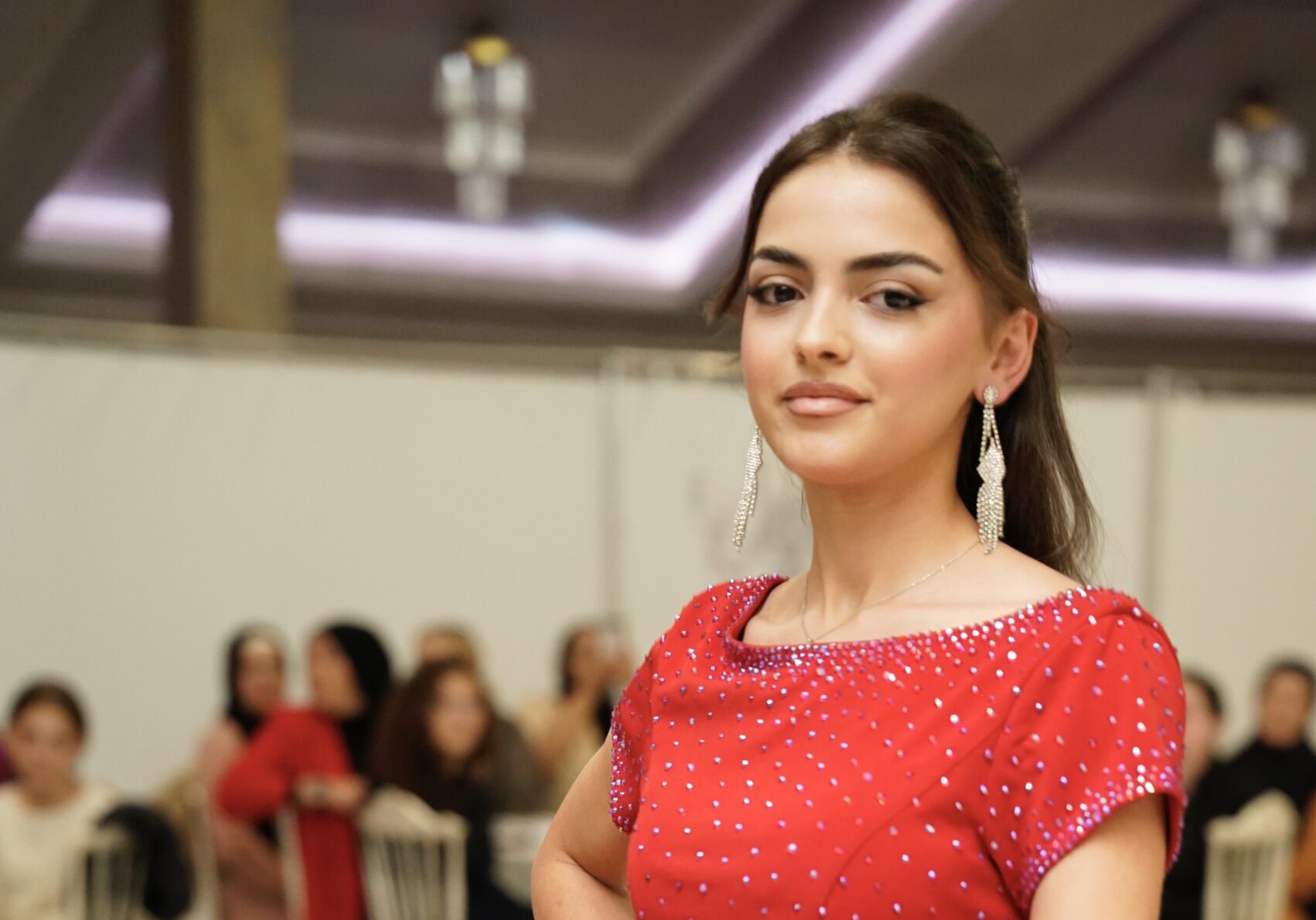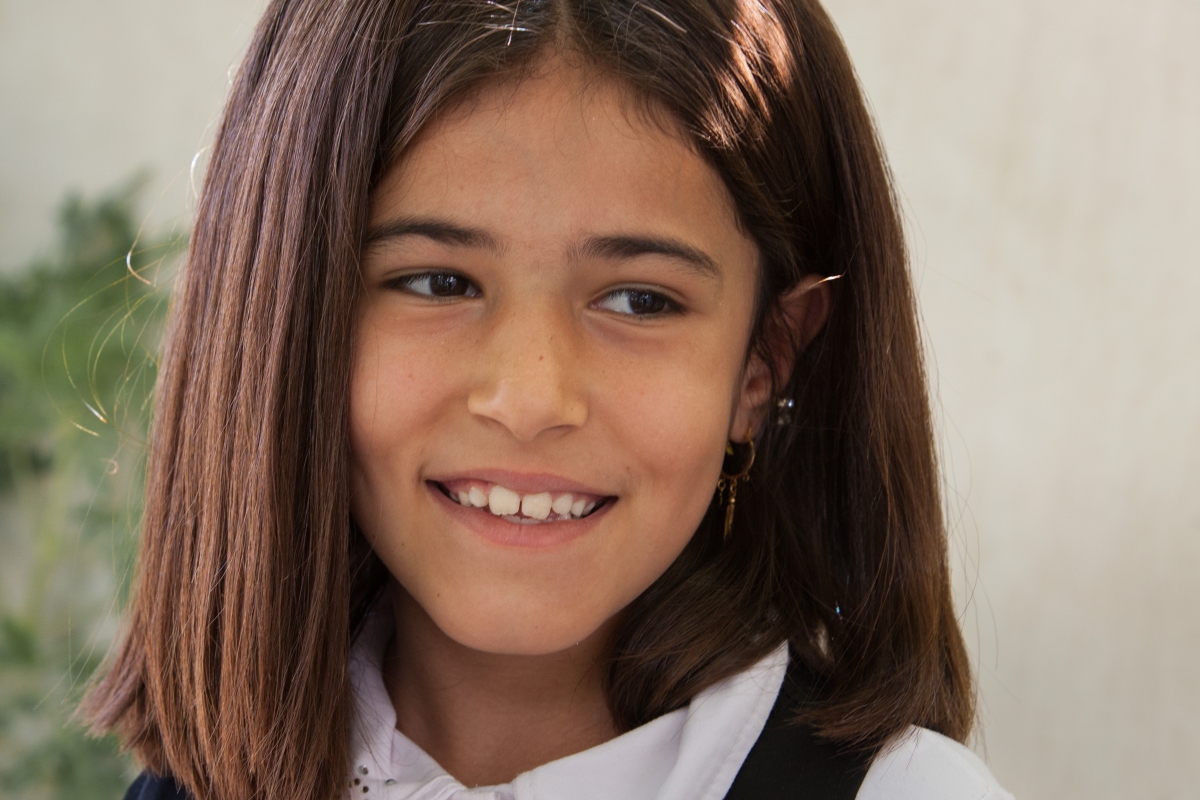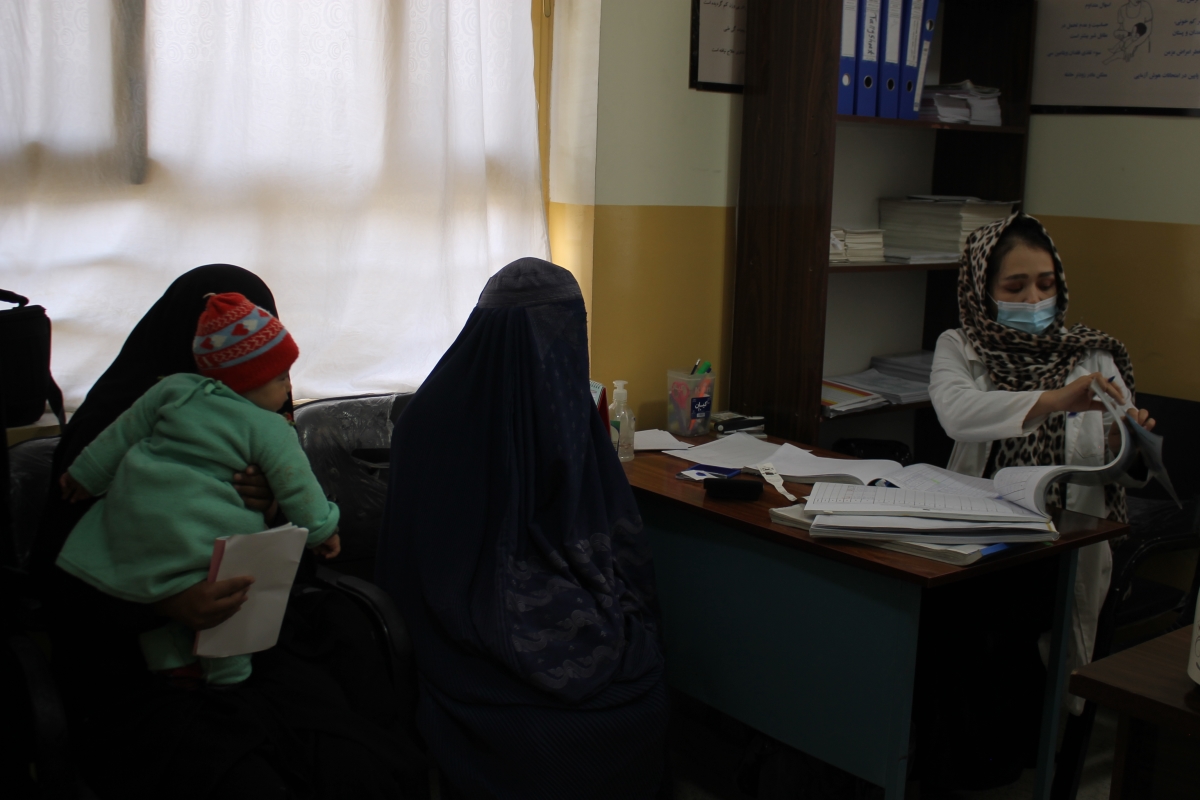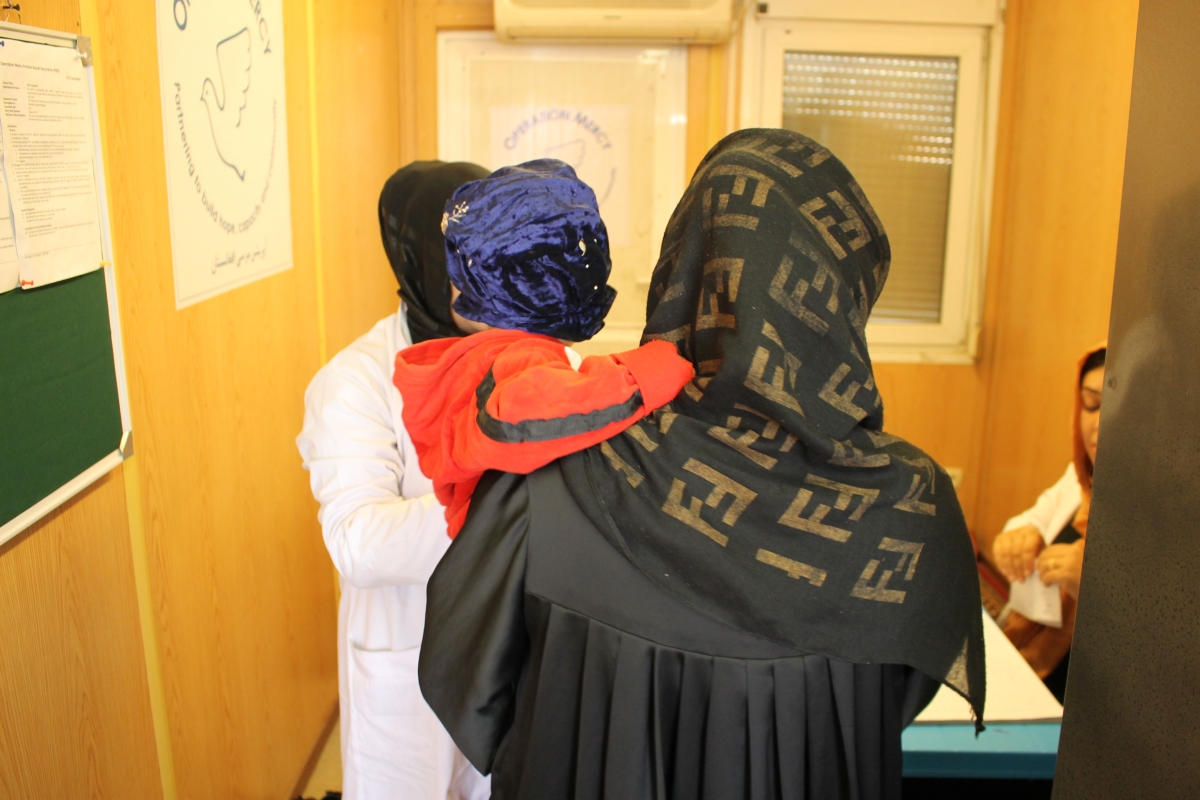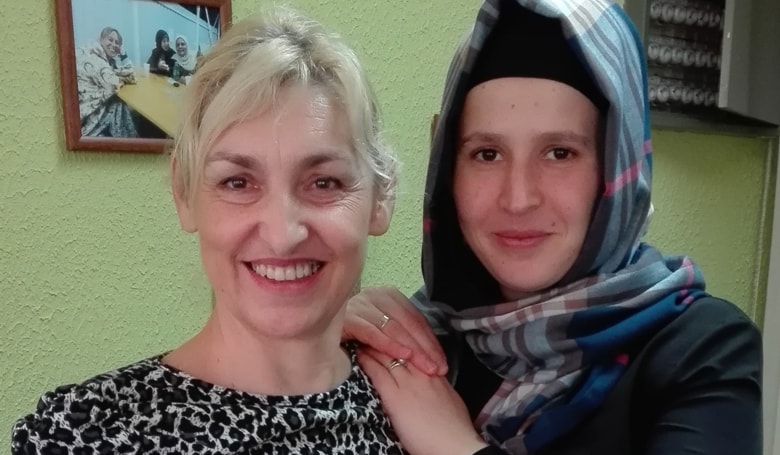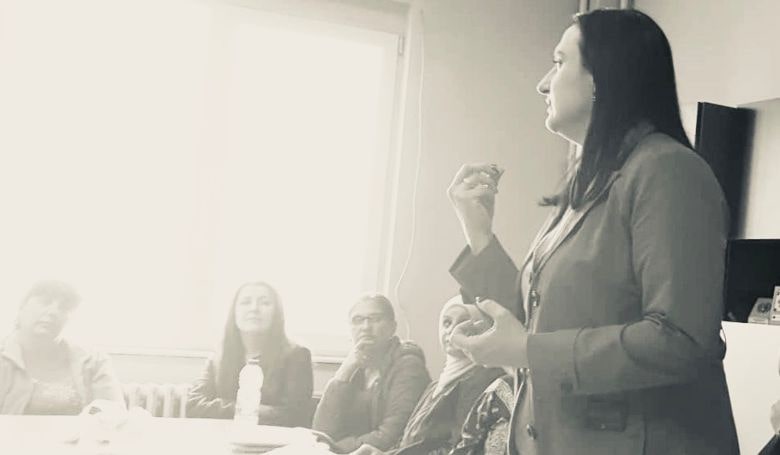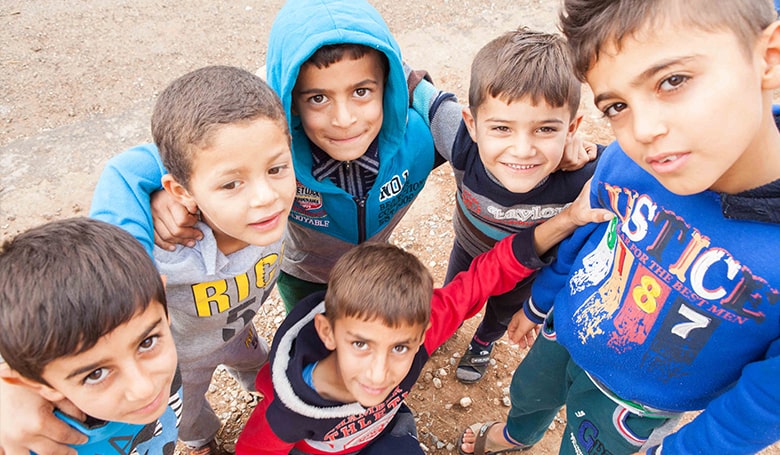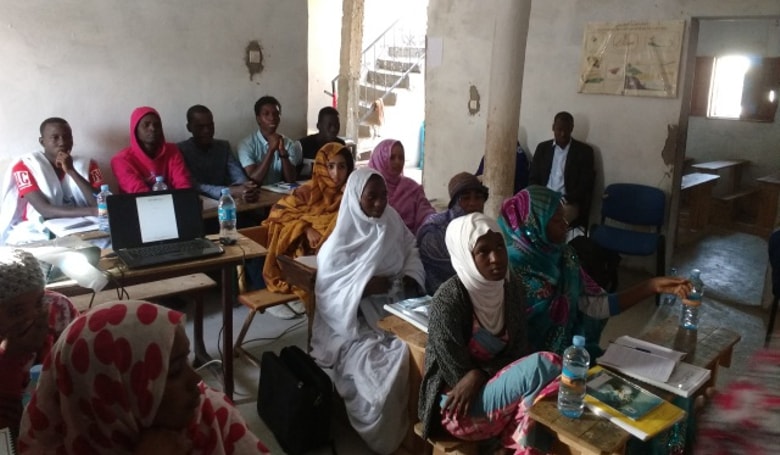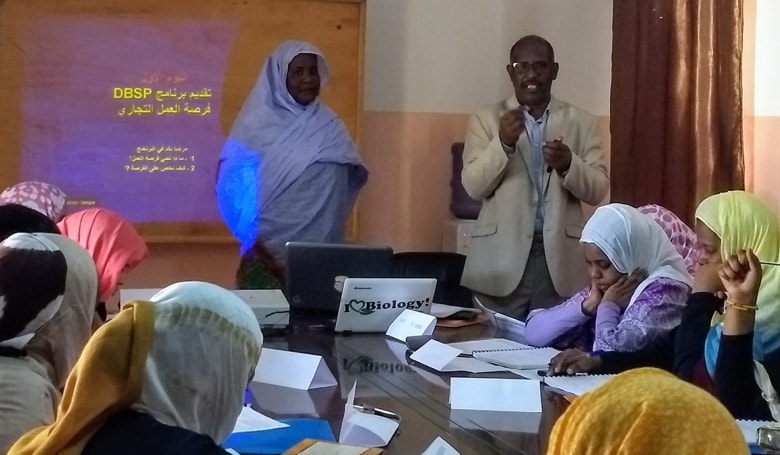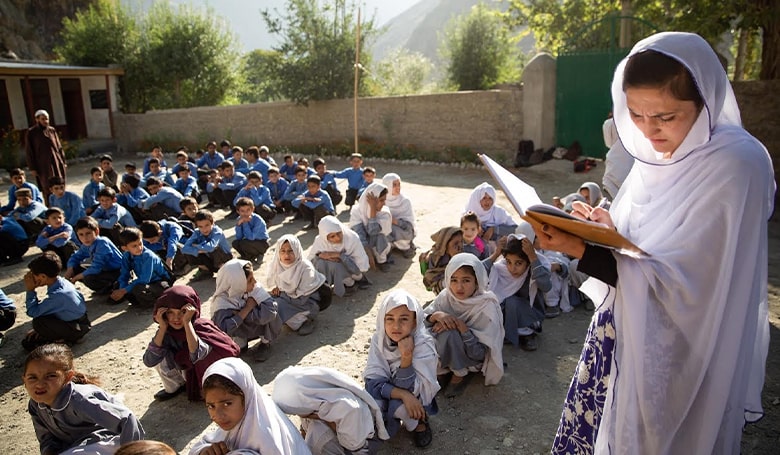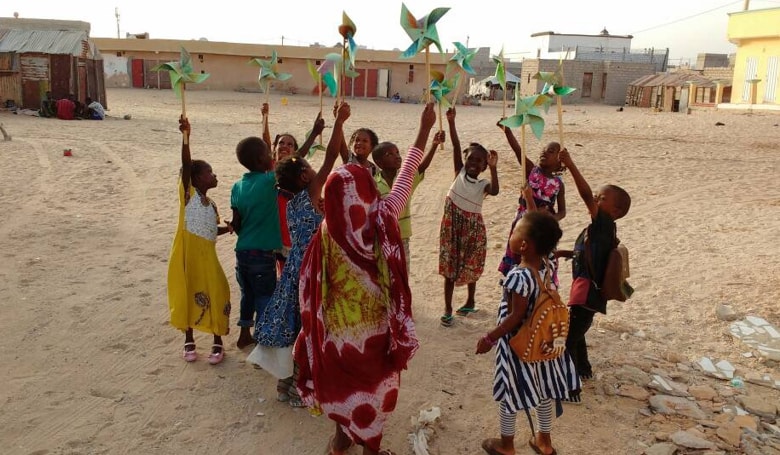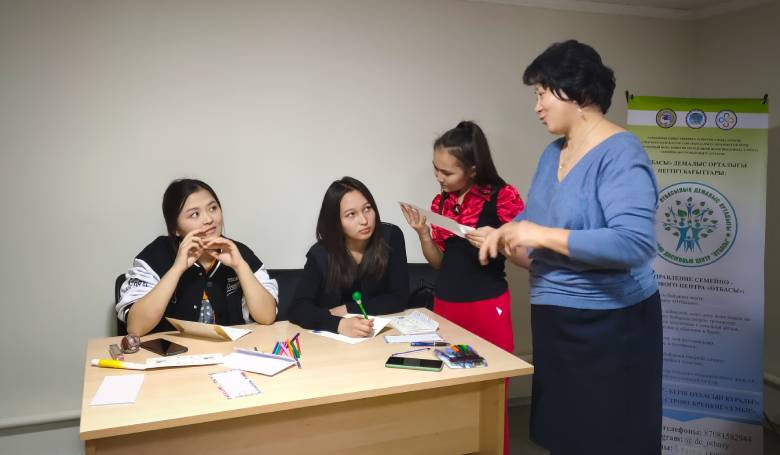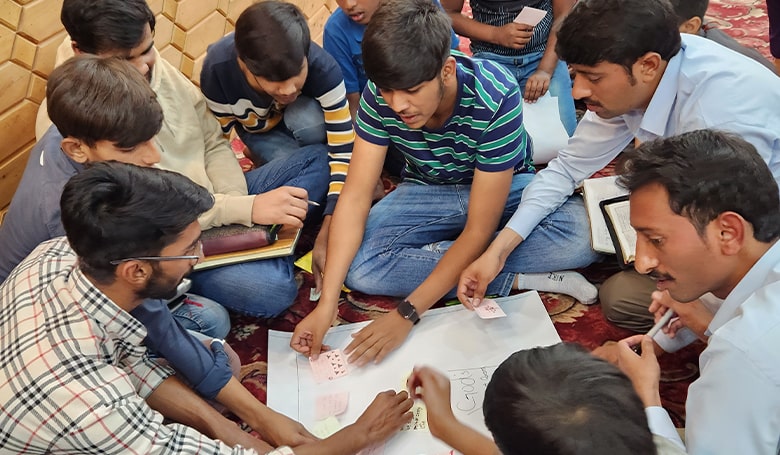Ajnur* came to STEP 4 following her sister, who had completed STEP Cycle 3 before her. Both were orphans on their father’s side, bonded not just by blood but by loss. When she first arrived, Ajnur felt utterly empty. Her father’s death had shattered something deep inside her, as if part of her soul had been buried alongside him. To make matters worse, she had lost her baby just two months after birth. Grief piled upon grief.
After that, her extended family treated her like a servant—or worse, like she was invisible. In the ancient mountain code of northern Albanians, a woman was considered a “thes,” a sack—nothing more than a tool for carrying household burdens. That idea seeped into her own sense of self. Her days blurred together, spent caring for the elderly in the family, with no life of her own and no strength left to hope. No one saw her. No one listened. She felt stupid. She felt like she was nothing.
When she first walked into the Life Skills classes, she looked around, puzzled and uneasy. “What am I doing here? I don’t belong here…” she whispered to the staff. She couldn’t understand what the classes were even about. “I want to go home,” she told Asli*, one of the Operation Mercy staff members, her voice cracking with frustration and despair. She was convinced that this place—this program—wasn’t meant for someone like her.
But Asli* wouldn’t let her slip away so easily. Gently but firmly, she convinced Ajnur to stay, to give it a chance.
At first, Ajnur was silent, closed off—a ghost moving through the sessions. But she kept coming. Day by day, a small shift began. Bit by bit, she found her perspective widening. Little by little, she began to see herself differently.
One day, something remarkable happened. Asli served her coffee while she sat down, and Ajnur’s eyes went wide.
“You are serving coffee to me while I’m sitting down!” she exclaimed. She was stunned—she wasn’t the one running around, attending to others. For the first time, she was being treated as someone who mattered. Someone worth investing in.
Now, looking back, Ajnur is grateful she stayed. Her eyes light up when she talks about it.
“Now I understand. I’m not so stupid. I’m happy now. My life has changed, and I can see things from a different point of view. I’ve started to learn something…”
It wasn’t easy. It took time and patience—an unraveling of the knots tied tight by years of sorrow and dismissal. But step by step, she began to open up. At first, she could only express herself in simple, hesitant words. But in that group, surrounded by women on the same journey, she grew stronger. Their shared struggles bonded them; they lifted each other up. They became stronger together.
Now, Ajnur dreams of working alongside her sister, who has become a hairdresser. For the first time in a long time, she feels a spark of possibility. She is not giving up.
It was worth it—every uncertain step, every difficult conversation.“I’m not going anywhere.” That’s what Ajnur says now, her voice steady and sure.
*Names changed



